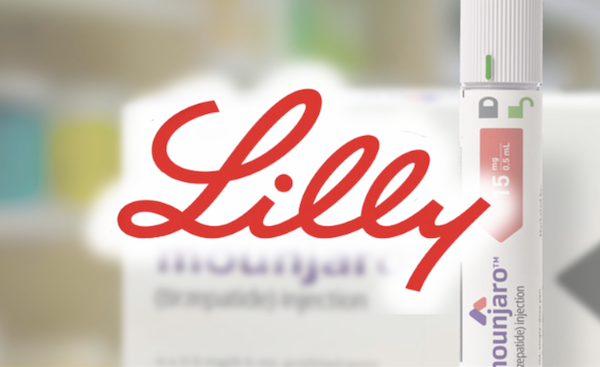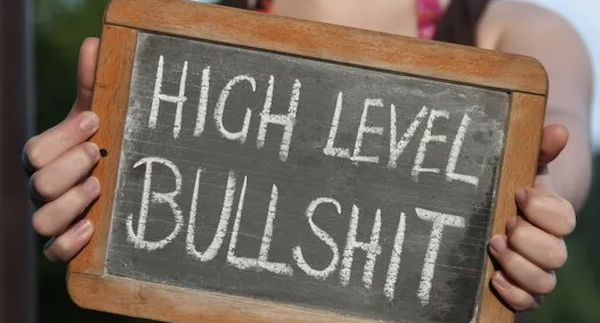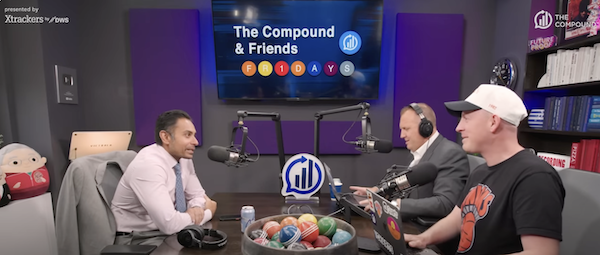Market scorecard
US markets dipped for a second straight day, with gold hitting fresh highs as traders played it safe. A quirky moment came when Canada's PM Mark Carney met President Trump at the White House and had to clarify his country wasn't up for sale after a light-hearted Trump comment, but the bigger worry remained the lack of real progress on trade deals. Markets had already opened lower, and despite the meeting's cordial tone, jitters around tariffs and trade uncertainty kept stocks in the red.
In company news, Deliveroo shares climbed 2% after DoorDash made a $3.86 billion takeover bid, sparking investor optimism around consolidation in the food delivery space. Elsewhere, AMD rose 1.7% in late trade after beating Wall Street's earnings expectations, even as it flagged a $1.5 billion revenue hit from US restrictions on chip exports to China.
At the close, the JSE All-share closed down 0.04%, the S&P 500 fell 0.77%, and the Nasdaq was 0.87% lower.
Our 10c worth
Michael's musings

Last Thursday, Eli Lilly's share price dropped 11%. The fall came after they reported mixed first-quarter numbers, and also an announcement from CVS that they were going to stock Novo Nordisk's Wegovy ahead of Eli Lilly's Zepbound. The share price drop was unfortunate, but it's still trading higher than it was in the middle of April.
Looking at the results, the all-important GLP-1 weight-loss drugs posted superb sales growth. Mounjaro, which is specifically for diabetes but used for weight loss, grew sales by 113% to $3.8 billion. Two years ago, the drug only had sales of $568 million - amazing growth. Zepbound, which has the same active ingredient as Mounjaro but is specifically marketed for weight loss, saw sales jump from $517 million to $2.3 billion over the last twelve months.
Thanks to these ramp-ups, Eli Lilly reported revenue growth of 45% to $12.7 billion, and EPS growth of 30%. Unfortunately, the company set its forward guidance lower than Wall Street expected. When a company grows this quickly, it is onerous to make short-term forecasts. What really matters is the long-term growth trajectory, and that is still intact.
We prefer Eli Lilly to Novo Nordisk because its drug is more effective, and people are willing to pay higher prices to drop more weight. In clinical trials, after 72 weeks, Tirzepatide (Mounjaro/ Zepbound) resulted in around 20% weight loss versus Semaglutide (Ozempic/Wegovy) at only 14%.
Looking ahead, Eli Lilly also has an oral pill which is at least as effective as Semaglutide. Not needing a needle is a game-changer for many people.
We are excited about Eli Lilly's future prospects, but their rapid growth doesn't come cheap. The share trades at a forward P/E multiple of 40, which is very high for a drug company. Two years ago though, it was trading at a P/E of 80, so all their revenue growth is already translating to a quick P/E unwind. It will be a bumpy ride for shareholders, but we think it's worth it in the long run.
One thing, from Paul

Here's a cheat sheet for deciphering the marketing material put out by our rival investment service providers:
"Our team embraces remote working" = We are too cheap to rent a proper office.
"We're democratizing access to markets" = we're scamming old people and idiots.
"Our leadership team has over 20 years of experience" = this is a start-up by people who were just let go by their previous employers.
"We're using a proprietary AI model to allocate investments" = we have no ideas of our own, so we're using OpenAI and a helpdesk in Bangalore.
"This fund is a R1 billion opportunity" = this fund will be worth zero billion soon.
"We're in early customer discovery with Sanlam" = the founder's cousin is a receptionist at the Sanlam HQ.
"Our products are always aligned with the client's goals" = We sell annuities and endowments with the highest commissions for ourselves.
Byron's beats

My favourite weekly stock market podcast is The Compound and Friends with Michael Batnick and Josh Brown. It is produced every Thursday and they talk about all the recent stock market news with a different guest each week.
On my run yesterday morning I was listening to them talk about why the big tech giants like Google and Meta had recovered so nicely despite the economy still being under huge pressure from the Trump tariffs. Their explanation made a lot of sense.
When it comes to advertising, Google and Meta are very defensive. In other words, when times get tough, they are the last platforms to be cancelled by businesses who advertise. Sport sponsorships, golf days, magazine spreads, corporate gifting, TV ads and things like that get canned first.
Bright's banter

Thousands of people collectively sunk over $700 million into a cannabis-growing company called JuicyFields and it all went up in smoke. They trotted out all the right buzzwords: cannabis, crowdfunding, and passive income. Based in Berlin, the startup promised "e-growers" that by "sponsoring" medical cannabis plants, they could reap returns of up to 66% in just three months.
Between 2020 and 2022, thousands of investors across Europe, Africa, Latin America, and even South Africa jumped in. Influencers were on board, the website looked slick, and there were real partnerships, or so it seemed. At its peak, JuicyFields claimed to have half a million investors and EUR2 billion in assets under cultivation.
Turns out, there was no cannabis production on the scale they claimed, no audited financials, and many of their partners had never actually signed on. The whole scheme was pure scam artistry - no board oversight, shell companies, a mix of real and fake executives, and wallets that were allegedly traced to Russian cybercriminals and money laundering ops.
The money trail has gone cold. Authorities across Europe are still unraveling the web of bank accounts, crypto wallets, and offshore entities. Bummer!
Linkfest, lap it up
A letter by a high-profile Titanic survivor sold for a record GBP300k. Some items are truly one of a kind - This is a museum-grade postcard.
Colon cancer is one of the leading causes of death worldwide. Regular exercise can help survivors live longer - Yet another reason to stay active.
Signing off
Asian markets are mostly higher this morning. Mainland China initially rallied as the Politburo cut its policy rate and reduced bank reserve requirements to boost liquidity. Over in Mumbai, equities advanced despite a weaker Rupee, with investors shrugging off India-Pakistan tensions and instead cheering a new landmark trade deal signed between India and the UK.
In local company news, MTN Rwanda reported decent first-quarter numbers, thanks to strong performances from its mobile and fintech segments. Profits rose 10.3%, supported by a 2.8% increase in subscribers to 7.6 million. Its mobile money arm, MoMo, which now contributes 43% towards revenues, was the standout, posting impressive revenue growth of 28%.
US equity futures are in the green pre-market. The Rand is trading at around R18.23 to the US Dollar.
Arm Holdings, Disney, and Uber will report their numbers today.